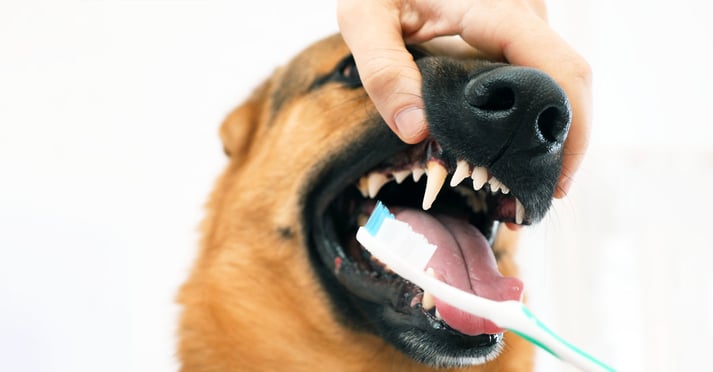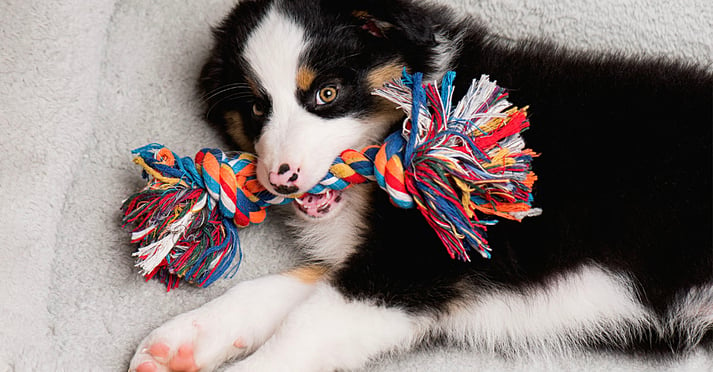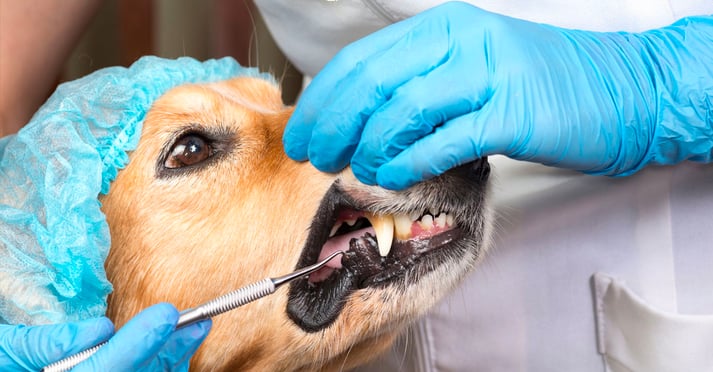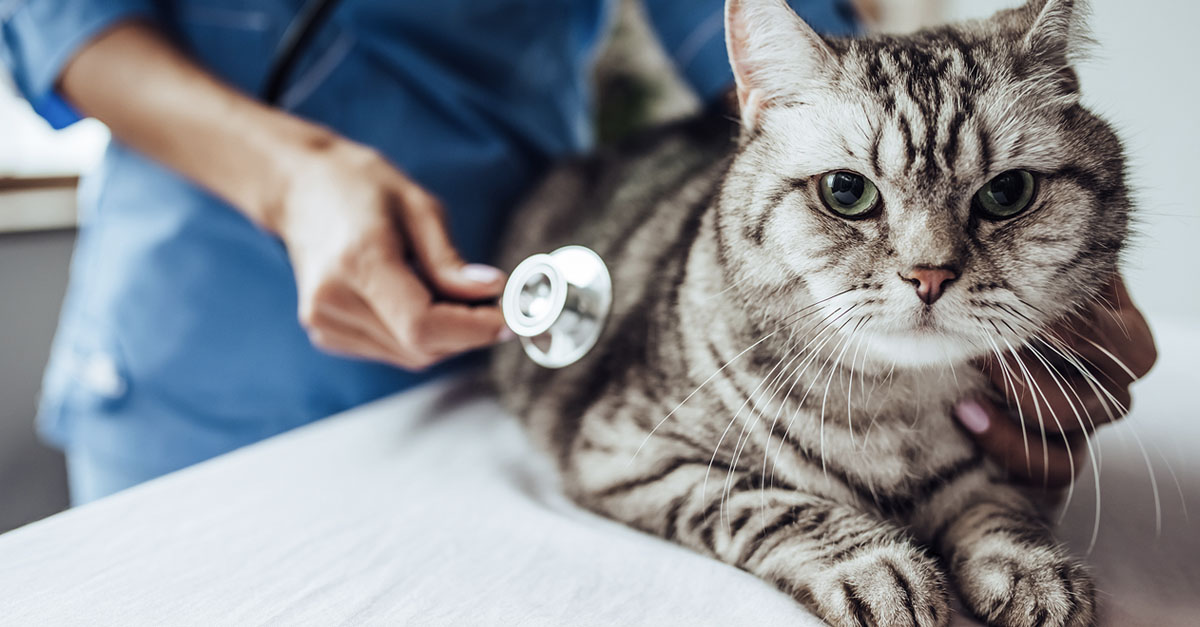

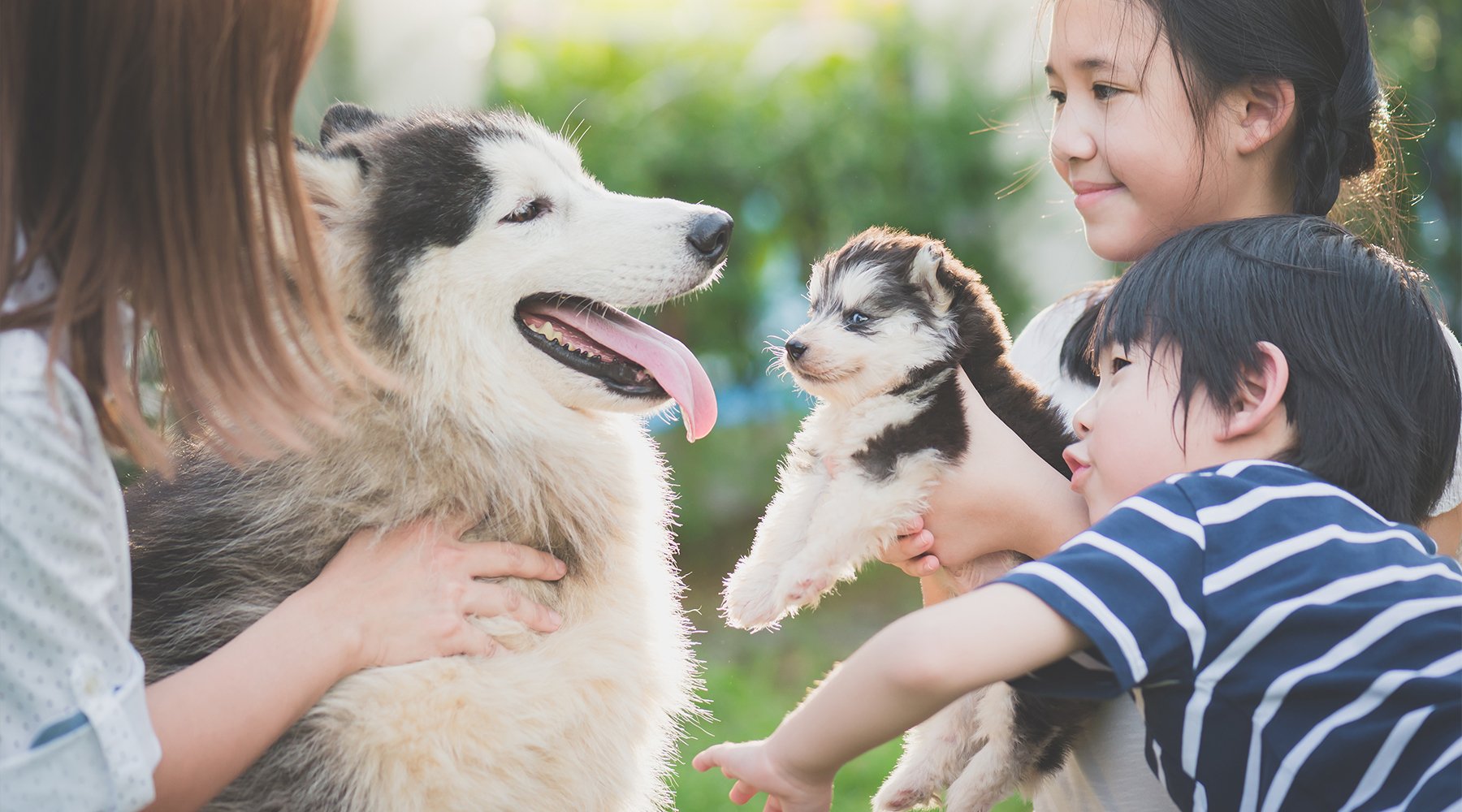
Add-a-pet
Take advantage of your multi-pet discount when you add a pet to your policy. When covering two or three pets, you can receive a 5% discount. When covering four or more pets, you'll save 10% on your base premium. Visit the member portal to add a pet.
Enroll a new pet
Add-a-pet
Take advantage of your multi-pet discount when you add a pet to your policy. When covering two or three pets, you can receive a 5% discount. When covering four or more pets, you'll save 10% on your base premium. Visit the member portal to add a pet.
Enroll a new pet
Add-a-pet
Take advantage of your multi-pet discount when you add a pet to your policy. When covering two or three pets, you can receive a 5% discount. When covering four or more pets, you'll save 10% on your base premium. Visit the member portal to add a pet.
Enroll a new pet
Add-a-pet
Take advantage of your multi-pet discount when you add a pet to your policy. When covering two or three pets, you can receive a 5% discount. When covering four or more pets, you'll save 10% on your base premium. Visit the member portal to add a pet.
Enroll a new pet
Add-a-pet
Take advantage of your multi-pet discount when you add a pet to your policy. When covering two or three pets, you can receive a 5% discount. When covering four or more pets, you'll save 10% on your base premium. Visit the member portal to add a pet.
Enroll a new pet
Add-a-pet
Take advantage of your multi-pet discount when you add a pet to your policy. When covering two or three pets, you can receive a 5% discount. When covering four or more pets, you'll save 10% on your base premium. Visit the member portal to add a pet.
Enroll a new pet
Add-a-pet
Take advantage of your multi-pet discount when you add a pet to your policy. When covering two or three pets, you can receive a 5% discount. When covering four or more pets, you'll save 10% on your base premium. Visit the member portal to add a pet.
Enroll a new pet
Add-a-pet
Take advantage of your multi-pet discount when you add a pet to your policy. When covering two or three pets, you can receive a 5% discount. When covering four or more pets, you'll save 10% on your base premium. Visit the member portal to add a pet.
Enroll a new pet
Add-a-pet
Take advantage of your multi-pet discount when you add a pet to your policy. When covering two or three pets, you can receive a 5% discount. When covering four or more pets, you'll save 10% on your base premium. Visit the member portal to add a pet.
Enroll a new pet
Add-a-pet
Take advantage of your multi-pet discount when you add a pet to your policy. When covering two or three pets, you can receive a 5% discount. When covering four or more pets, you'll save 10% on your base premium. Visit the member portal to add a pet.
Enroll a new pet
Add-a-pet
Take advantage of your multi-pet discount when you add a pet to your policy. When covering two or three pets, you can receive a 5% discount. When covering four or more pets, you'll save 10% on your base premium. Visit the member portal to add a pet.
Enroll a new pet
Add-a-pet
Take advantage of your multi-pet discount when you add a pet to your policy. When covering two or three pets, you can receive a 5% discount. When covering four or more pets, you'll save 10% on your base premium. Visit the member portal to add a pet.
Enroll a new pet
Add-a-pet
Take advantage of your multi-pet discount when you add a pet to your policy. When covering two or three pets, you can receive a 5% discount. When covering four or more pets, you'll save 10% on your base premium. Visit the member portal to add a pet.
Enroll a new pet

